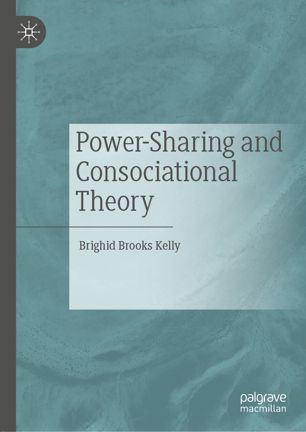

Most ebook files are in PDF format, so you can easily read them using various software such as Foxit Reader or directly on the Google Chrome browser.
Some ebook files are released by publishers in other formats such as .awz, .mobi, .epub, .fb2, etc. You may need to install specific software to read these formats on mobile/PC, such as Calibre.
Please read the tutorial at this link: https://ebookbell.com/faq
We offer FREE conversion to the popular formats you request; however, this may take some time. Therefore, right after payment, please email us, and we will try to provide the service as quickly as possible.
For some exceptional file formats or broken links (if any), please refrain from opening any disputes. Instead, email us first, and we will try to assist within a maximum of 6 hours.
EbookBell Team

4.3
88 reviewsFifty years ago, academics and policymakers throughout the world agreed that it was impossible for certain sets of historically antagonistic groups to coexist peacefully on a long-term basis. This book examines the system of consociation, which was identified by Arend Lijphart and ended that pessimistic consensus. Lijphart’s specific observations concerning the impact of consociation are assessed quantitatively and qualitatively, facilitated through careful operationalization of his descriptions of consociation’s four components: grand coalition, minority veto, proportionality, and segmental autonomy. Insights derived from a dataset representing the experiences of eighty-eight countries are examined further through case study analysis of the seven societies most often discussed in relation to consociation: Austria, Belgium, Canada, the Netherlands, Northern Ireland, South Africa, and Switzerland. The components of consociation are found to promote lasting peace in divided societies most successfully when combined with additional incentives for the encouragement of cross-cutting cleavages and shared loyalties.